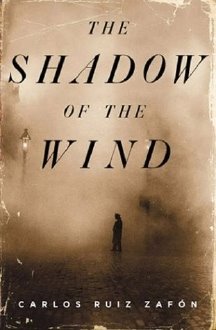 The Bourne Identity is a 2002 film based on the 1980 novel of the same name. It follows Jason Bourne, an amnesiac attempting to discover his true identity, while terrorist organizations, assassins, and the CIA want him dead (the latter due to a deep-rooted conspiracy). Bourne must use all of his considerable skill to discover the truth before it is too late. This is the first in a franchise that spans four films (so far) as well as three original books by Robert Ludlum and seven additional books by Eric Van Lustbader.
The Bourne Identity is a 2002 film based on the 1980 novel of the same name. It follows Jason Bourne, an amnesiac attempting to discover his true identity, while terrorist organizations, assassins, and the CIA want him dead (the latter due to a deep-rooted conspiracy). Bourne must use all of his considerable skill to discover the truth before it is too late. This is the first in a franchise that spans four films (so far) as well as three original books by Robert Ludlum and seven additional books by Eric Van Lustbader.The film's opening scene was potent. Matt Damon is dragged out of the sea with bullet holes in his back. He is nursed back to health by the Captain of the fishing boat that saved him. He finds his memory is gone and all he has is a tiny metal chip that looks like a grain of rice which can flash a safety deposit box number. He is dropped off in Italy to track down clues to his past. Soon he finds himself on the radar of people intent on killing him.
Matt Damon gave a thrilling performance as Jason Bourne. It was a part he was meant to play. I personally enjoyed when he randomly broke into various languages without knowing he could speak them. Also, his trick with remembering license plates was humorous.
The part of Marie, played by Franka Potente, was adequate, though lacked real chemistry with Damon. Probably the thing I liked most about her was the kind of car she drove (an old Mini Cooper). For fans of car chases, you will find there are some great chase scenes in this movie.
Bookophile Rating: Excellent (For great acting by Damon, and a good plot that unravels splendidly).






